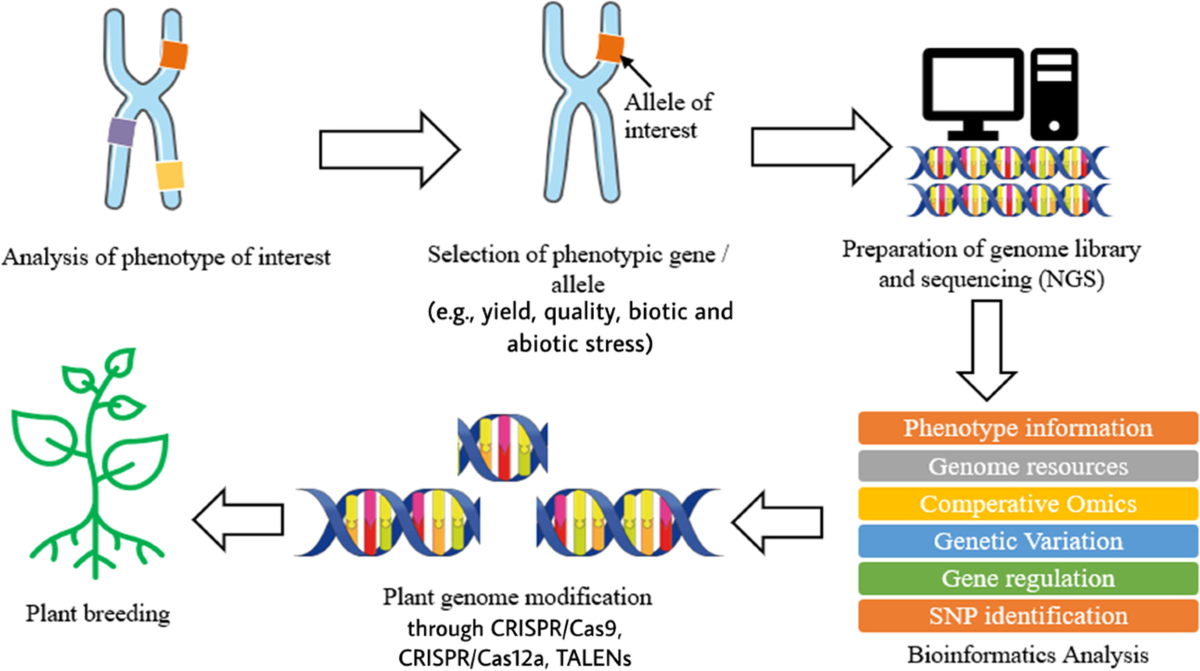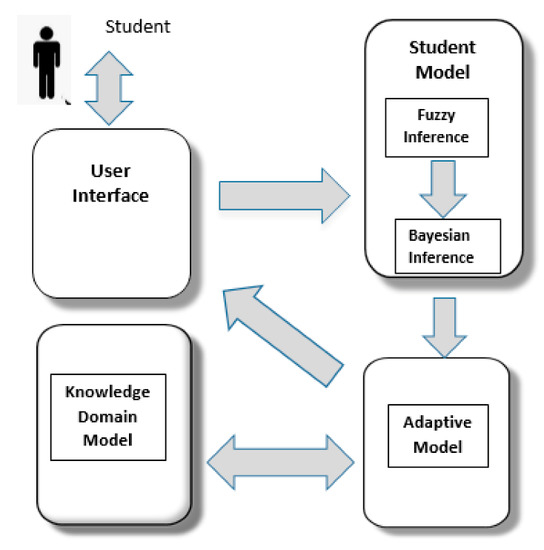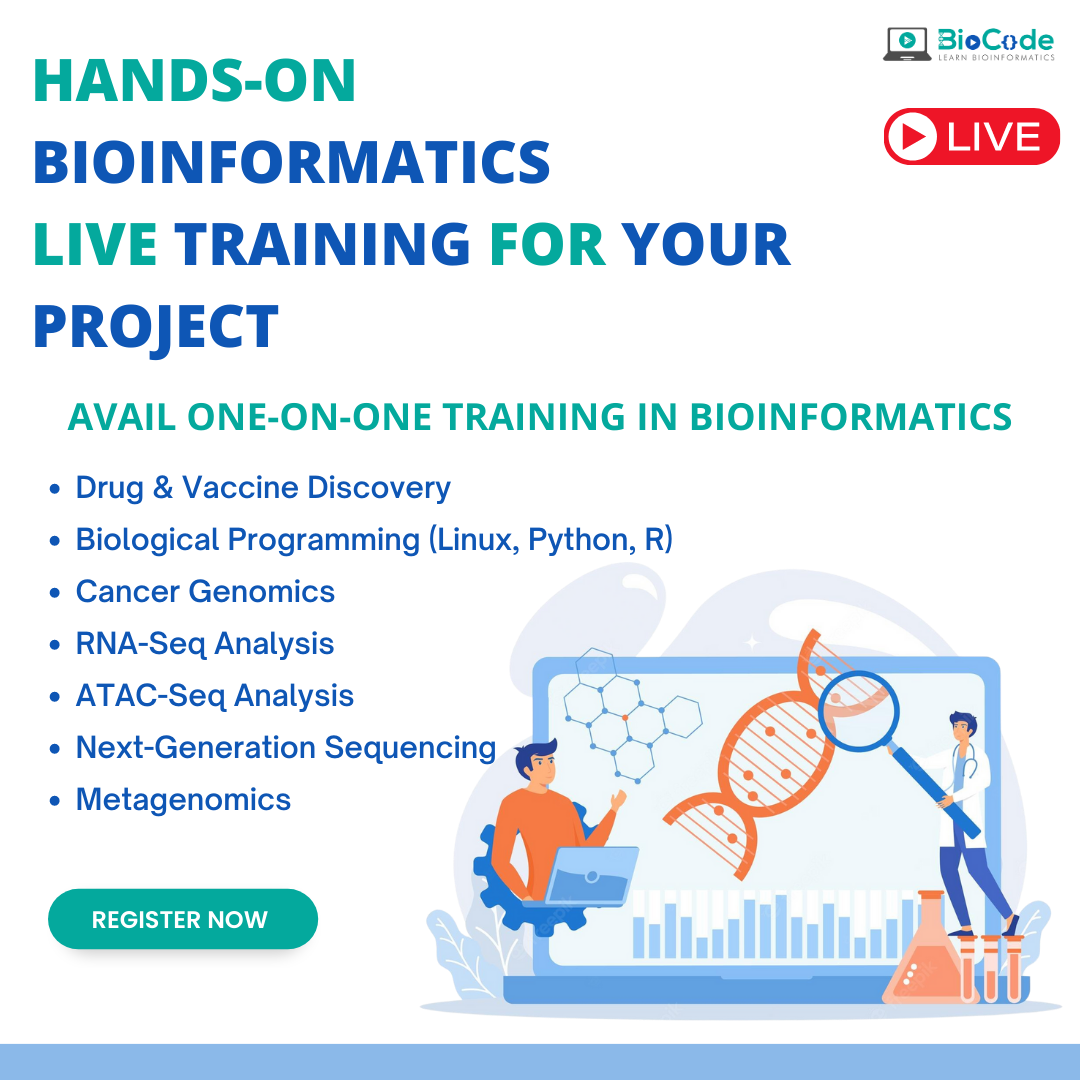3 Easy Facts About Bioinformatics Tutor Shown
3 Easy Facts About Bioinformatics Tutor Shown
Blog Article
3 Easy Facts About Bioinformatics Tutor Explained
Table of ContentsBioinformatics Tutor for DummiesThe Ultimate Guide To Bioinformatics TutorSome Ideas on Bioinformatics Tutor You Should KnowBioinformatics Tutor - The FactsBioinformatics Tutor Fundamentals Explained
Of the total amount participants included in the training, 80% were trainees from public college institutions, while the remaining 20% originated from personal organizations. To get a certification of participation, trainees were needed to go to a minimum of 90% of the overall training hours. As a result of this requirement, an excellent 95% of the individuals successfully acquired their certificates, having not only satisfied the minimum presence criteria however additionally completed all assigned activities throughout the training.
Throughout the elevation of the COVID-19 pandemic, specifically in between June and August 2020, the project team was entrusted with organizing specialized training in bioinformatics. This training was specifically focused on trainees from the research team Nucleus for Research study in Applied Computer at the Federal University of Pará (UFRA) The adjustment to remote discovering platforms due to the pandemic produced a chance to check out new training methods and digital tools that improved both reach and efficiency.
This program was designed to provide an available yet extensive overview of Artificial Knowledge techniques, specifically as used in bioinformatics (Bioinformatics Tutor). This online format enabled participation from students throughout Brazil, many of whom might not have had the possibility to go to in-person sessions.
More About Bioinformatics Tutor
Approximately 50% of the complete training hours were committed to functional activities where students built smart models and applications in a variety of clinical domain names, including genes, molecular biology, and environmental information evaluation. These platforms made it possible for trainees to involve in real-time information adjustment, model training, and algorithm trial and error.
Sixty of them were associated with various higher education organizations in the state of Pará, while the continuing to be twenty came from institutions found in five other Brazilian states. By introducing Artificial Knowledge in a pertinent and practical context, the campaign served to bridge the gap between concept and real-world application, supplying trainees with a solid structure for future study or work in the field.
The training effort created component of a wider academic outreach initiative understood as the Bioinformatics when driving job. This project has, for many years, presented lots of students to the globe of bioinformatics and computational biology. The events held under this umbrella initiative have actually happened throughout several regions and years, as summarized in Table 1 (Checklist of occasions, locations, years, and overall numbers of students and teachers)
Numerous of these groups, originally brought with each other by their involvement in training occasions, have considering that gone on to generate independent scientific research in cooperation with local academic organizations. The training not just fostered clinical reasoning within the context of bioinformatics but likewise triggered collaborative connections that expanded past the training setting.
Things about Bioinformatics Tutor
The very same team, excluding IH and RR, also acted as tutors for the sensible training components. Funding for the task was supplied with the grant 88887.200562/ 2018-00 from CAPES.
The Federal College of Pará's Office of Research study (PROPESP/UFPA) additionally supplied financial blog assistance, especially for the production of the final manuscript. The authors state no industrial or monetary disputes of rate of interest that could have affected the study. Furthermore, all interpretations and point of views revealed in this article are only those of the writers and do not necessarily reflect those of their corresponding organizations, the author, editors, or customers entailed in the publication procedure.

Some Known Facts About Bioinformatics Tutor.
From an instructional perspective, the training method made use of in the training was purposefully interactive. Classes were performed in a manner that urged student engagement and discussion, going past rote memorization to check out exactly how concepts are developed, used in every day life, and checked in academic setups. The training viewpoint concentrated on supporting both strong and having a hard time students, providing personalized assistance, and building confidence with continual mentorship and persistence.

Each team, consisting of approximately 36 participants, was sustained by 3 advisors-- the majority of whom were postdoctoral researchers index with customized expertise. These advisors not only aided develop the group tasks however also promoted their implementation, guaranteeing that each research concern was both suitably challenging and pertinent. The goal was to supply a biologically realistic context that individuals could explore through flexible objectives and accessibility to curated datasets.
For additional insights right into the approach and results of this project-based discovering strategy, visitors are guided to S1 Text, that includes thorough summaries of the instructional structure, analysis methods, and job styles utilized in the training sessions.
Bioinformatics Tutor for Dummies
Of the total amount participants included in the training, 80% were pupils from public greater education organizations, while the staying 20% came from exclusive institutions. To qualify for a certification of engagement, pupils were called for to go to at the very least 90% of the complete training hours. Especially, past the pupils that enrolled in the training sessions, seven skilled instructors took part in supplying the training courses, while 3 dedicated research study professors worked with the general training process. Roughly 50% of the overall training hours were devoted to useful activities where pupils developed smart designs and applications in a range of scientific domains, consisting of genetics, molecular biology, and environmental data analysis. The training not only fostered clinical reasoning within the context of bioinformatics yet likewise stimulated collective relationships that prolonged beyond the training environment.
Report this page